Myanmar’s coup derails fragile democracy, posing test for Biden
Western governments face difficult decisions about how to respond to the Myanmar coup without pushing the country closer to China.
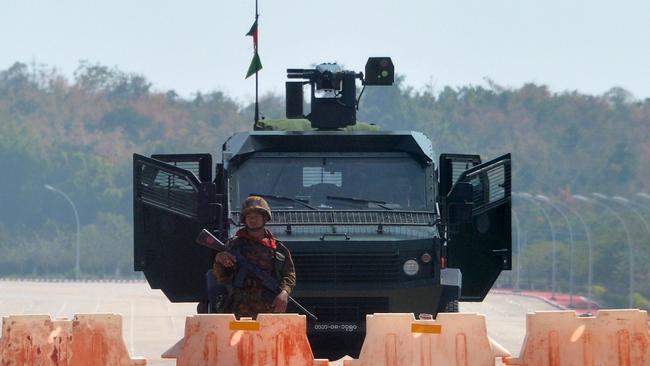
Myanmar’s transition to democracy, which had stalled in recent years, is in reverse after the military staged a coup and detained civilian leaders, setting the country on a tense and uncertain path and posing a challenge for the Biden administration.
An army-backed television channel, which carried the announcement of the coup Monday morning, played songs through the day about the military’s bravery and patriotism. Activists and journalists in the country feared they might also be arrested after civilian leader Aung San Suu Kyi and other senior officials were detained in a predawn raid. Residents, who lived under military rule until the shift toward democracy during the past decade, rushed to buy groceries and withdraw cash from ATMs
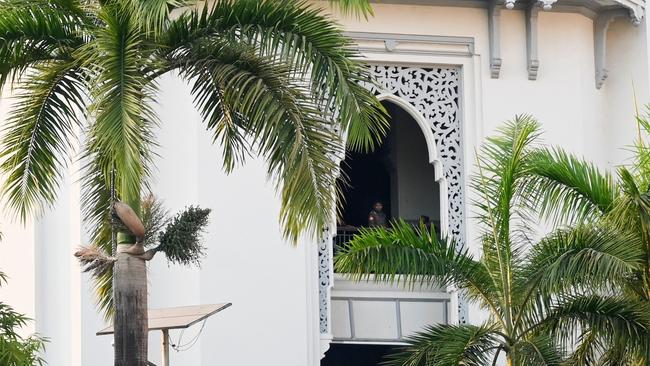
Diplomats said the situation was tense and it was hard to predict what turn events would take. There’s “almost a surreal sense, are we really going back to something which we thought we had left behind?” said a United Nations official based in Myanmar.
President Biden, who was vice president under the Obama administration when the US backed Myanmar’s democratic revival, faces difficult decisions about what actions to take. As news of the coup emerged, the US and some other foreign countries called on the military to restore democracy and free detained officials. “The military must reverse these actions immediately,” US Secretary of State Antony Blinken said.
Myanmar’s military didn’t respond to requests for comment.
“This is a big diplomatic test for the Biden administration in Asia,” said Ben Bland, director of the Southeast Asia program at the Lowy Institute in Australia. “People will be watching closely how it balances its calls for a more values-based foreign policy against its plans to counter Chinese influence in the region.”
Mr. Bland said targeted sanctions against key military leaders are likely to have a limited effect, but broader sanctions risk punishing the people of Myanmar and pushing the Southeast Asian country closer to China.

Sen. Bob Menendez, incoming chairman of the Senate Foreign Relations Committee, called for sanctions if the military doesn’t release those detained and remove itself from government. If it doesn’t, “the United States and other countries should impose strict economic sanctions, as well as other measures” against Myanmar’s military and its leaders, he said in a statement.
Myanmar was highly dependent on Beijing before the democratic transition began a decade ago — part of the reason, analysts say, that the army sought to open up the country and diversify its foreign ties. China on Monday stayed away from calling on the military to reverse the coup.
“China is Myanmar’s friendly neighbour,” Chinese Foreign Ministry spokesman Wang Wenbin said at a regular news briefing. “We hope all sides in Myanmar can properly manage their differences under the constitution and legal framework to uphold political and social stability.”
Myanmar was under military rule for decades, which drove the country to international isolation and poverty. The US and European Union imposed economic sanctions that crippled investment and economic growth. Then a decade ago, the military allowed the country to take steps toward democracy and the sanctions began to be lifted.
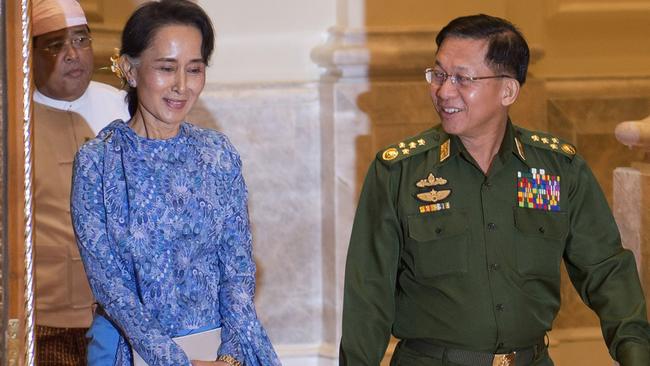
The military maintained control over key levers of power, however, including three government ministries and a bloc of parliamentary seats. Ms Suu Kyi, whose party won the country’s 2015 election — the first free vote in decades — was unable to make progress on her goal of changing the constitution to forge a complete democracy.
Myanmar came under intense international scrutiny after the military conducted a brutal operation in 2017 that drove more than 740,000 members of the Rohingya minority out. The US imposed targeted sanctions against some military leaders, including commander-in-chief Min Aung Hlaing, who is now in charge, but stayed away from broad sanctions.
Officials said in private that imposing wide economic sanctions would undermine Ms Suu Kyi’s civilian government, punish Myanmar’s poor and push the country closer to China.
Ms Suu Kyi’s relationship with the West has soured, though she continues to enjoy support among those who feel she is Myanmar’s best shot at change.
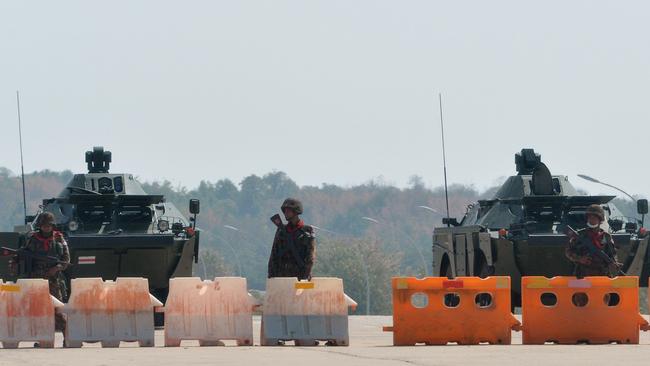
Once seen as a human-rights icon who fought the generals, and who was under house arrest for years until 2010 because of her struggle for democracy, Ms Suu Kyi last year defended the military against genocide allegations. She urged the International Court of Justice to trust the military to investigate the accusations against them.
“The military was sitting pretty with all the power and having little of the blame from the international community on the stalling democratic transition,” said Manny Maung, Myanmar researcher for Human Rights Watch.
The military seized power on Monday, citing fraud in elections that took place in November. The opposition party backed by the military lost the vote by a huge margin, taking just 33 out of 476 elected seats. Ms Suu Kyi’s National League for Democracy won 396 seats.
An army-backed television channel said the election commission had failed to address concerns the military had repeatedly voiced about discrepancies in voter lists. Efforts to engage the commission and the government on the subject hadn’t succeeded, which is why it had declared a state of emergency for a year and transferred power to the country’s army chief, it said. Fresh elections would be held after the military completed tasks it needed to do during the state of emergency, it added, without elaborating on what those tasks are.
The election commission has said there is no evidence of widespread fraud.
“The coup will serve to further isolate Myanmar, in the West and likely in Asia, too,” said David Mathieson, independent analyst and expert on Myanmar.
The Wall St Journal

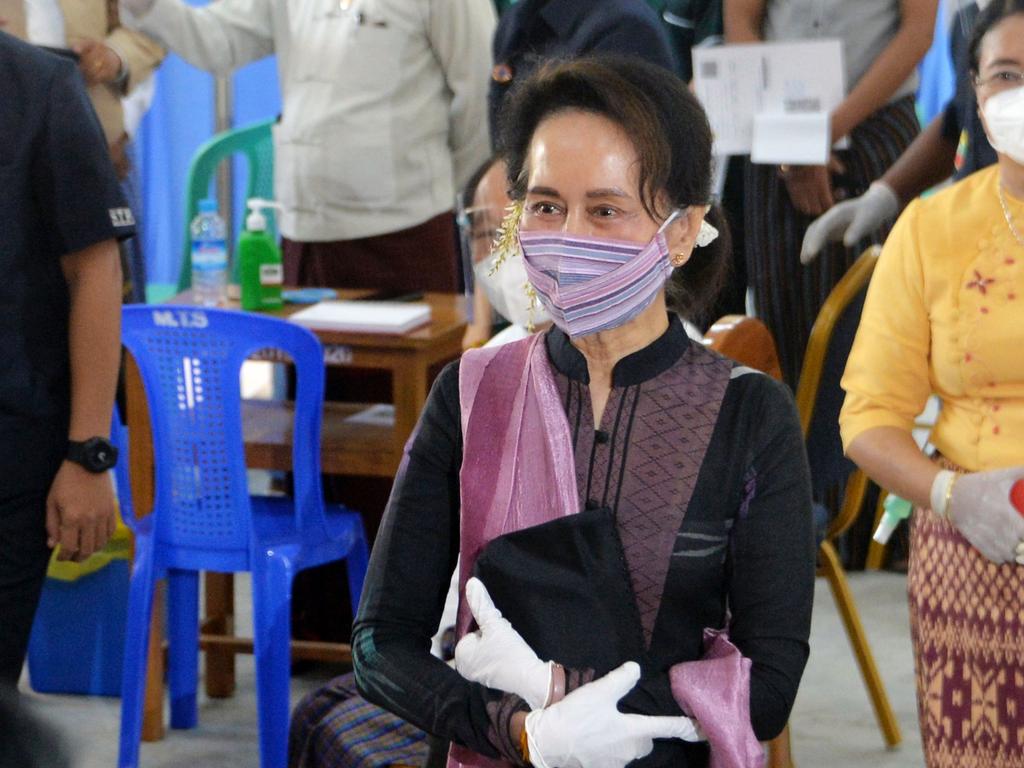
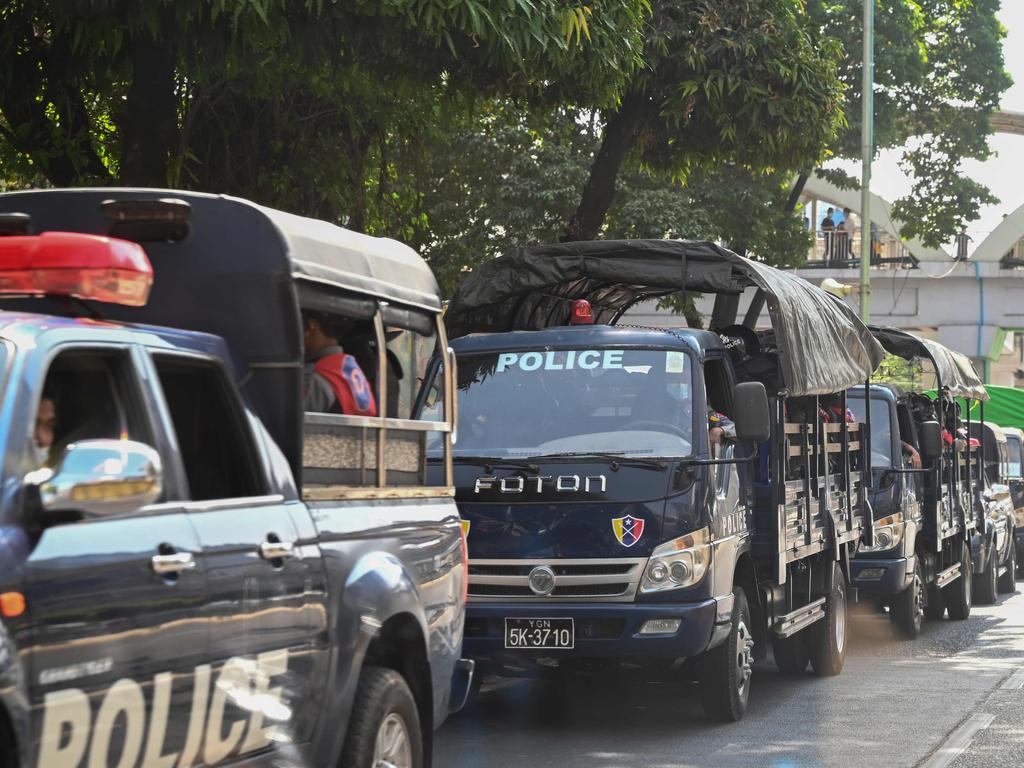
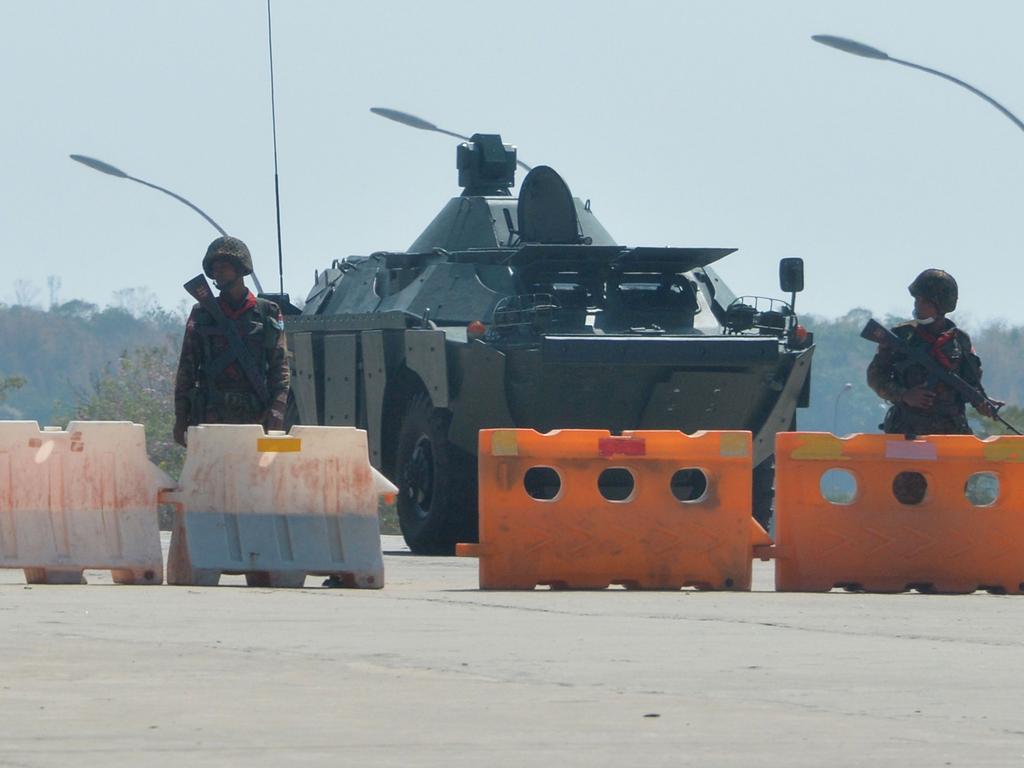


To join the conversation, please log in. Don't have an account? Register
Join the conversation, you are commenting as Logout